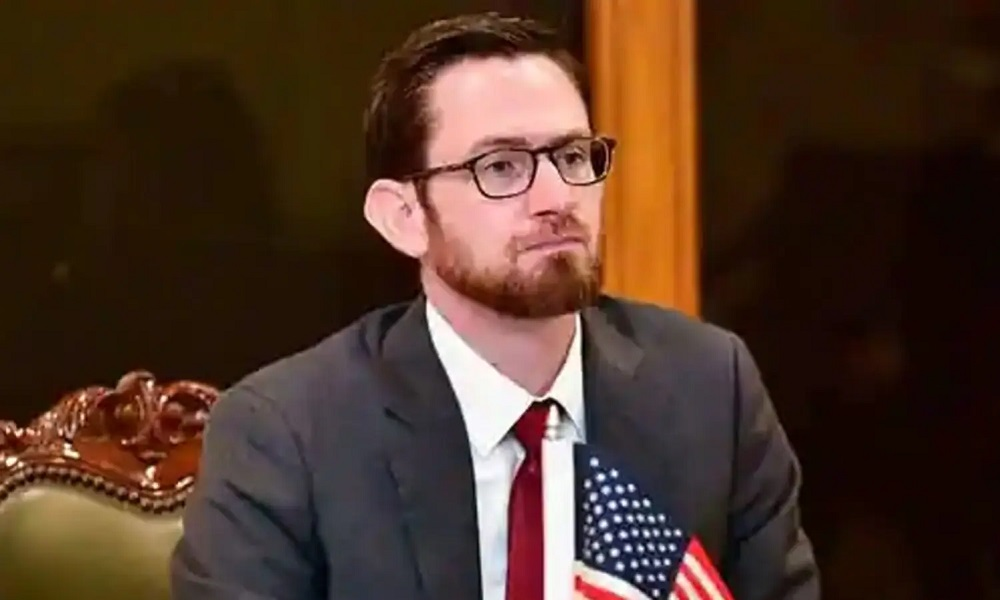
US special representative for Afghanistan Thomas West said Wednesday that former al-Qaeda leader Ayman al-Zawahiri had freedom in Kabul prior to his death and that Washington “is deeply concerned about a number of other terrorist groups active in Afghanistan”.
Speaking at an event at the Center for International and Strategic Studies, West said al-Zawahiri “was unquestionably a threat to the United States and he had greater freedom to operate in Kabul than from wherever he came from”.
Al-Zawahiri was killed in July in a US drone strike that targeted a house in Kabul.
However, the IEA has repeatedly said they knew nothing about the al-Qaeda leader’s presence in the city nor have they received any proof from the US that it was in fact al-Zawahiri who was killed in the drone strike.
West said the US is concerned about other terrorist groups active in Afghanistan, VOA reported.
“We have concerns about al-Qaeda in the Indian subcontinent, Jaish-e-Mohammed, Laskhar-e-Toiba, Ansarullah and a range of terrorist groups that still have an active presence in Afghanistan that we are exceedingly concerned about,” he said.
Last week at the UN General Assembly, Pakistan’s prime minister, Shahbaz Sharif, voiced similar concerns about the presence of terrorist groups in Afghanistan.
The IEA rejected Sharif’s remarks, saying in a statement that they will not allow Afghan territory to be used against any country.
“We have been in touch with Taliban (IEA) leaders since the strike and, to be clear, even in the wake of this event, we are prepared to engage pragmatically with the Taliban regarding terrorism concerns,” West said.
West also said that at the time of the collapse of the former government, on August 15 last year, about 2,000 ISIS (Daesh) fighters were freed from Afghan prisons, VOA reported.
“There was a big prison break,” West said, adding that it was unclear who within the Taliban (IEA) released the prisoners and whether they knew who the inmates were.
“But some of the most concerning best-trained ISIS-K fighters they let out, it was about 2,000 individuals.
“Some of those individuals are folks we’re truly worried about,” he said.
